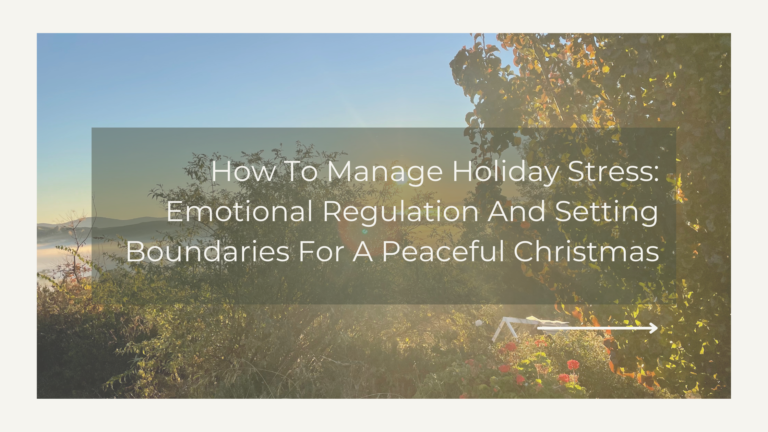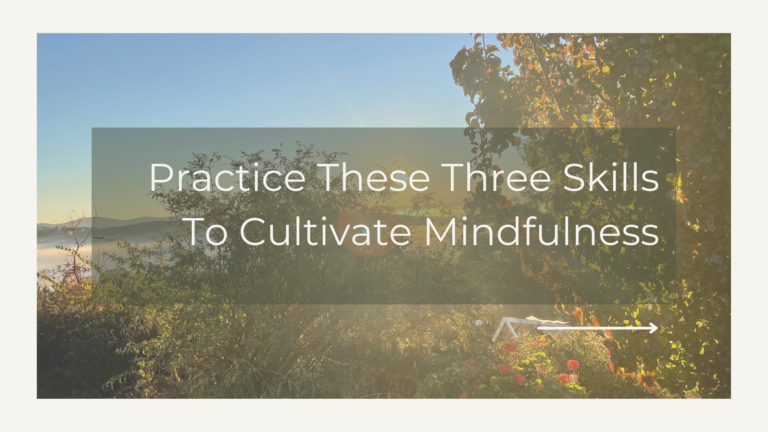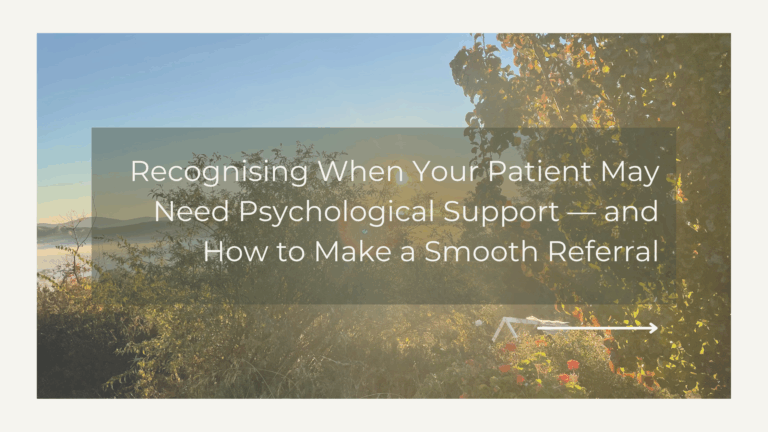How to tell if you are people pleasing
If you’re reading this blog post you’re probably wondering “Am I a people pleaser?”. The answer is, maybe. People pleasing is the urge to please…
If you’re reading this blog post you’re probably wondering “Am I a people pleaser?”. The answer is, maybe.
People pleasing is the urge to please others even at the expense of oneself. That is, we put other people first even when this has a negative impact on us to attain the approval of the other person. Approval may be overt, or covert (that is, praise, or possibly the lack of a negative reaction) and regardless of the type, this brings a sense of relief or happiness.
Now, most people don’t choose to be people pleasers, in most cases, this is a learned activity that comes from repeated experiences of either positive or negative consequences when engaging with others. You may learn to people please because someone yells at you when they don’t get their way, OR they only show kindness when you offer a service / action (even if this hurts, or disadvantages you).
How do you know if you are people pleasing?
If you are a people pleaser you may:
What can you do about this?
The first step for a recovering people pleaser is to notice that you are a people pleaser (admit the problem!).
Step two is to consider why this happens for you – what are you trying to achieve or avoid by pleasing others? Does the person you are pleasing represent a threat to you or your safety? Are you afraid of losing someone? Do you lack skills in self-validation (that is, knowing and acknowledging yourself as being good enough).
The third step is changing how you respond to people by listening to your instincts and considering the questions in step two and whether you are happy with your response. You can change how you respond by expressing your own needs, saying no, or setting other boundaries as needed (check out our post on “How to get what you want”).
Step four is riding out the discomfort of setting new boundaries. People are naturally inclined to dislike boundaries, to push back when a people pleaser says no, and to challenge you on your new responses. This is because they’re uncomfortable too, this is not a reason to people please and back down (in fact this is what they’re probably counting on!). Remember that you’ve likely started people pleasing in response to other people’s unhelpful responses and when you change your behaviour, these responses don’t go away…
Be kind to yourself through this process, and if you are having difficulty in setting boundaries, or if you want assistance to process and understand where your people pleasing comes from, consider reaching out and making an appointment…





